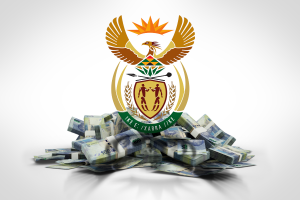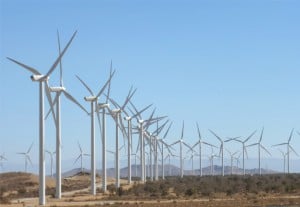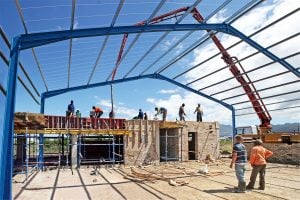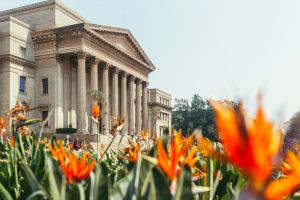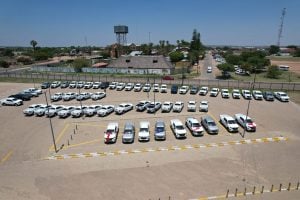Big tax changes to look out for next week
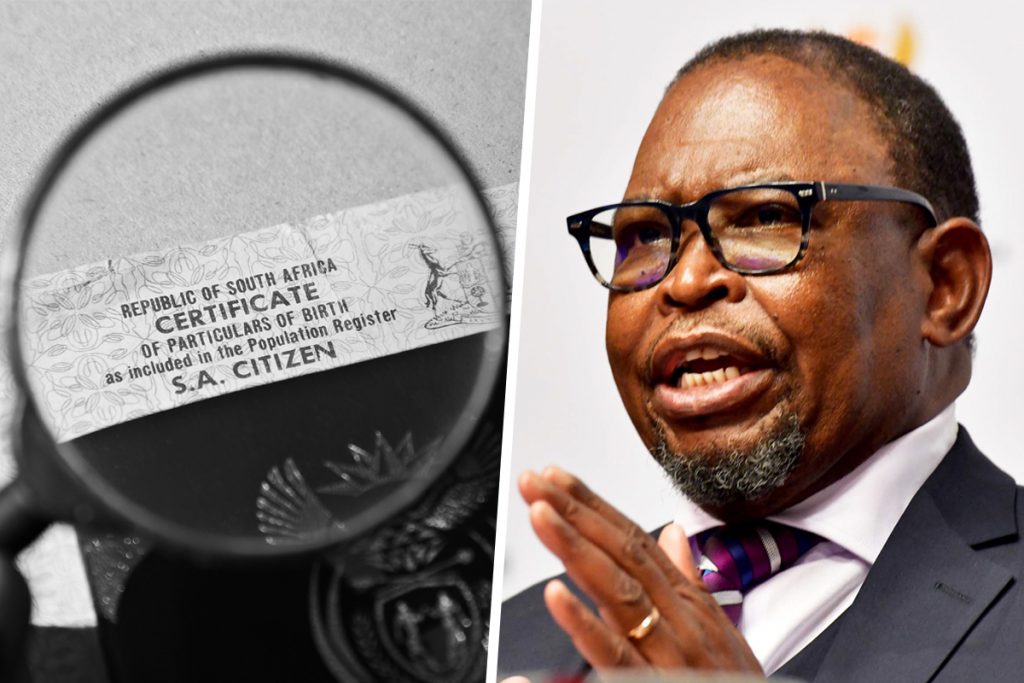
Bank of America Global Research says that South Africa’s fiscal boost from 2022 is running out of steam, and the National Treasury is likely to stick to its guns on cutting expenditure when the 2023 budget is tabled next week.
In a budget preview published on Wednesday (15 February), the group noted that the revenue boost South Africa enjoyed in 2022 thanks to a jump in commodity prices is not likely to stretch much further in the coming financial year, and the government will have to take a hard stance to ensure that the economy doesn’t suffer over-expenditure.
Coming into 2023 with a weak economic outlook, the group doesn’t expect many surprises to come out of the budget speech – but there could be some good news for taxpayers, both corporate and personal.
The baseline expectation for economic growth in 2023 is 1.0%, BofA said. This is a more optimistic view than the Reserve Bank, which is forecasting a rather dismal 0.3% growth thanks to persistent load shedding.
Given this baseline, BofA believes the Eskom debt transfer will go ahead as planned, and that labour unions will back down in the wage negotiation battle with the national government. The group also believes that the R350 SRD grant won’t be extended on a permanent basis, and other grants will be subject to an inflation-linked increase, as president Cyril Ramaphosa has already promised.
The reason for this ‘optimistic’ view of the budget is that there is little choice in the matter, as the country has no funds to pay for any unplanned spending.
“Should expenditure risks from wages or social grants materialise, they will need offsetting fiscal adjustments to contain a weakening fiscal framework,” BofA said.
Bank of America tax predictions
- VAT: No change
- Personal income tax: No change
- Corporate income tax: decrease to 27%
- Fuel taxes: hold or nominal relief
- Solar/renewable tax breaks announced
Positively, for taxpayers, Bank of America does not see tax hikes as being a key lever that National Treasury will pull on to boost revenues. Similar sentiments were expressed by SARS commissioner Edward Kieswetter last week when he said that the revenue service and Treasury want to ease the tax burden on South Africans.
BofA said that the three main tax instruments – personal income, corporate and value-added tax – contribute about 80% to total revenues.
“When tax revenues were underperforming during a period of low growth in 2016-19, personal income tax rates were increased to 41%, and finally 45% in 2017. A higher level than this is not under consideration,” the group said.
“Similarly, the VAT was last increased to 15% in 2018 and is one of the highest rates among peers.”
On the other hand, corporate tax is on a reduction path towards 25%, the group said. In the current fiscal year, it is 28% and likely to fall to 27% in the coming year.
Looking at other tax revenue instruments, BofA said there is pressure for some relief in fuel taxes.
“The 2022 budget kept nominal fuel taxes unchanged. The rise in domestic fuel prices, by as much as 50% year on year, peaked in July 2022. Fuel taxes are mainly the general fuel levy and the road accident fund levy. These two contribute about 30% to the total pump price. Should some relief be sought in fuel taxes, it may likely be on the nominal values of the fuel levy, in our view,” it said.
Local economists, like Dawie Roodt, hold a different view, and believe that fuel taxes will be hiked – mainly because it is an easy and effective source of revenue for the Treasury.
But even if a hike in fuel levies does occur, South Africans can look forward to potential tax relief to households and SMEs through a tax break or tax incentive for those who are looking to acquire rooftop solar and other renewable energy sources.
This was one of the key promises delivered by Ramaphosa in his State of the Nation Address last week (9 February) and has also been a talking point between SARS and National Treasury.
SARS on tax breaks and other incentives for solar in South Africa
Looking at load shedding
One of the key sticking points coming out of Ramaphosa’s SONA was his announced interventions to tackle the ongoing energy crisis: declaring a state of disaster and appointing a new minister in the presidency to oversee electricity.
BofA said that the bottom line is that the economic outlook may not be as bleak as the 0.3% real growth estimate from the SARB. “We keep our 1% forecast in 2023 until we observe the impact of new measures. For example, through reduced hours of blackouts and the number of days of blackouts,” it said.
However, key concerns have been raised around the new minister of electricity and how this role – and assumed support structures – will impact the government’s wage bill that eats up more than a third of the total budget.
BofA said that the new position might come bundled with a reduced cabinet to offset the fiscal pressure.
“President Ramaphosa hinted at a plan to reduce the size of the government over the next three years by getting rid of duplicate roles across departments, which could save up to R27 billion.
“In our view, the measures to reduce the size of the government will likely be taken to offset the impact of expenditure pressures (from the minister of electricity) and thus avoid weakening the fiscal framework.
In addition to reducing government departments, the group said that the era of wage increases substantially above inflation seems to be over, as Treasury has so far stuck to its guns on hikes – while the lack of forward forecasting from Treasury on the SRD grant indicates that it is not planning it as a permanent fixture.
Both of these measures – if followed through – should go a long way in containing spending, and thus lowering the need for higher or new taxes.
Finance minister Enoch Godongwana is scheduled to deliver his Budget Speech on 22 February.
